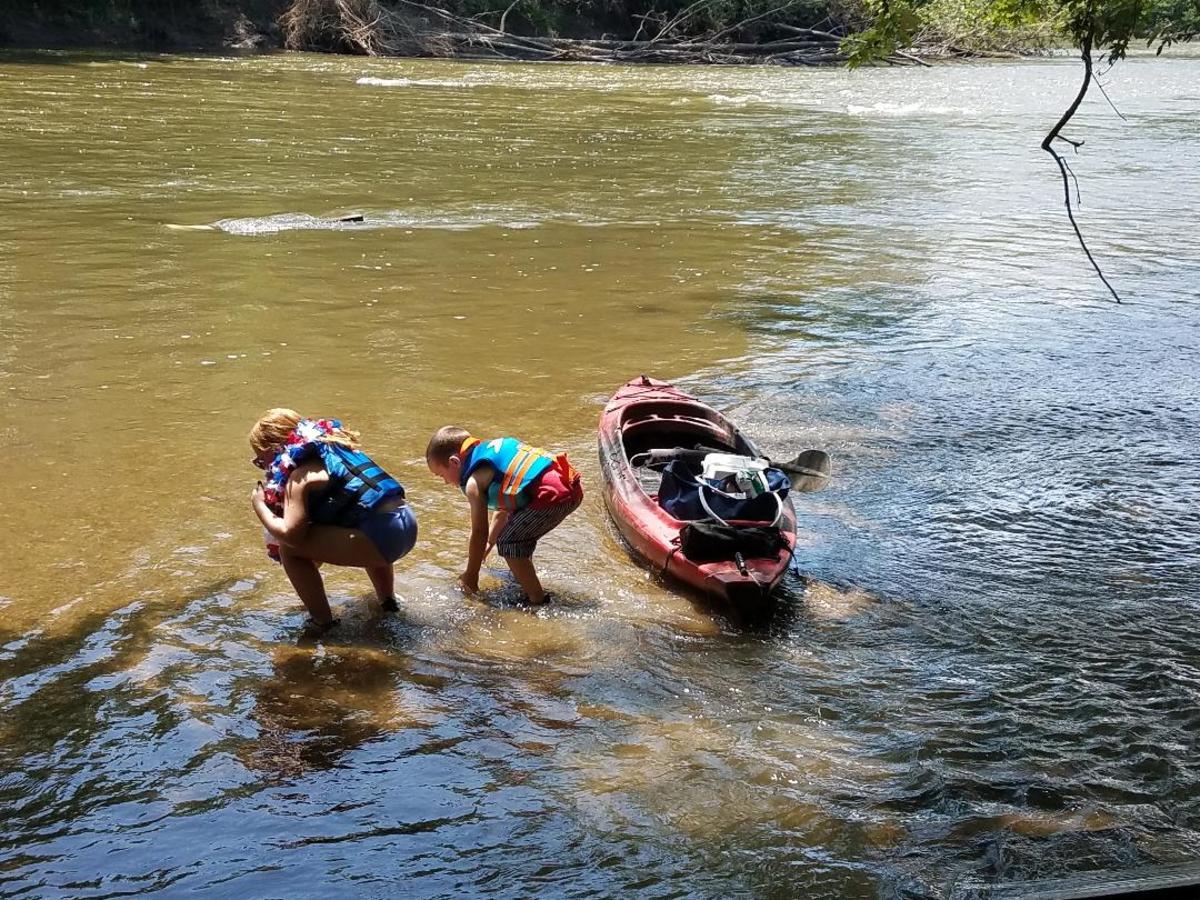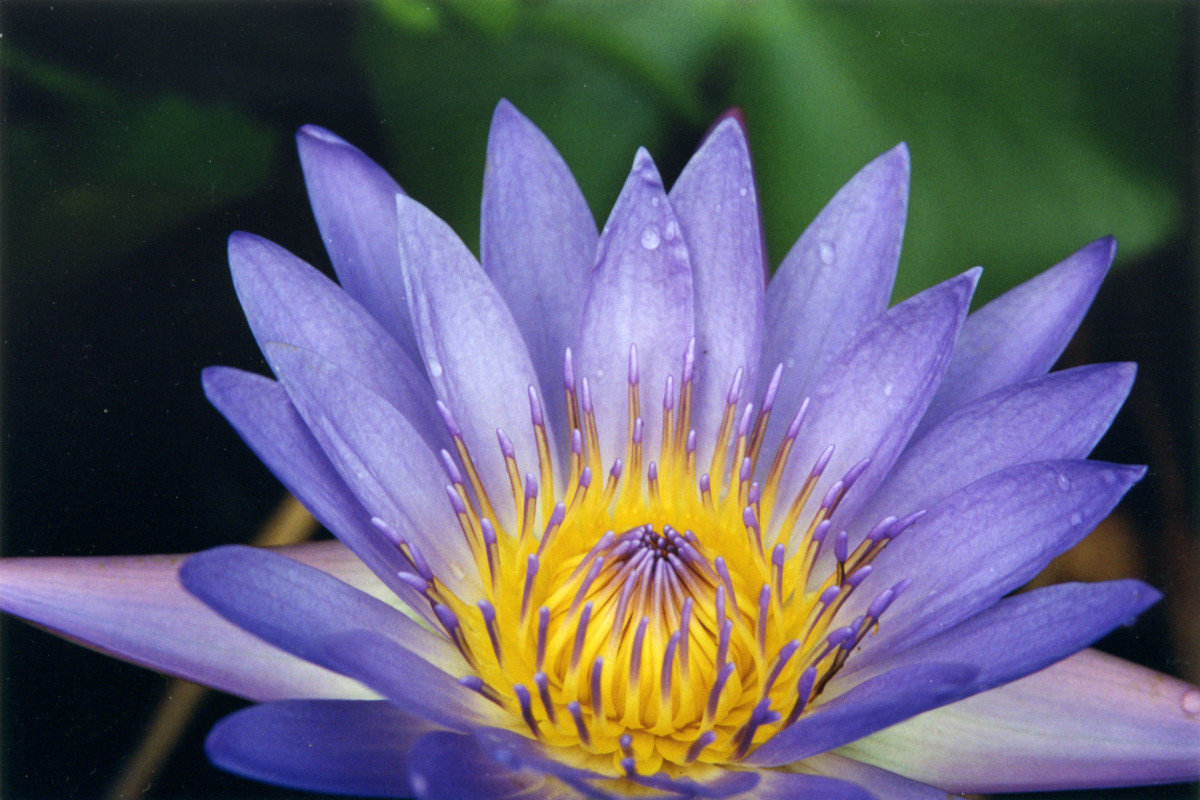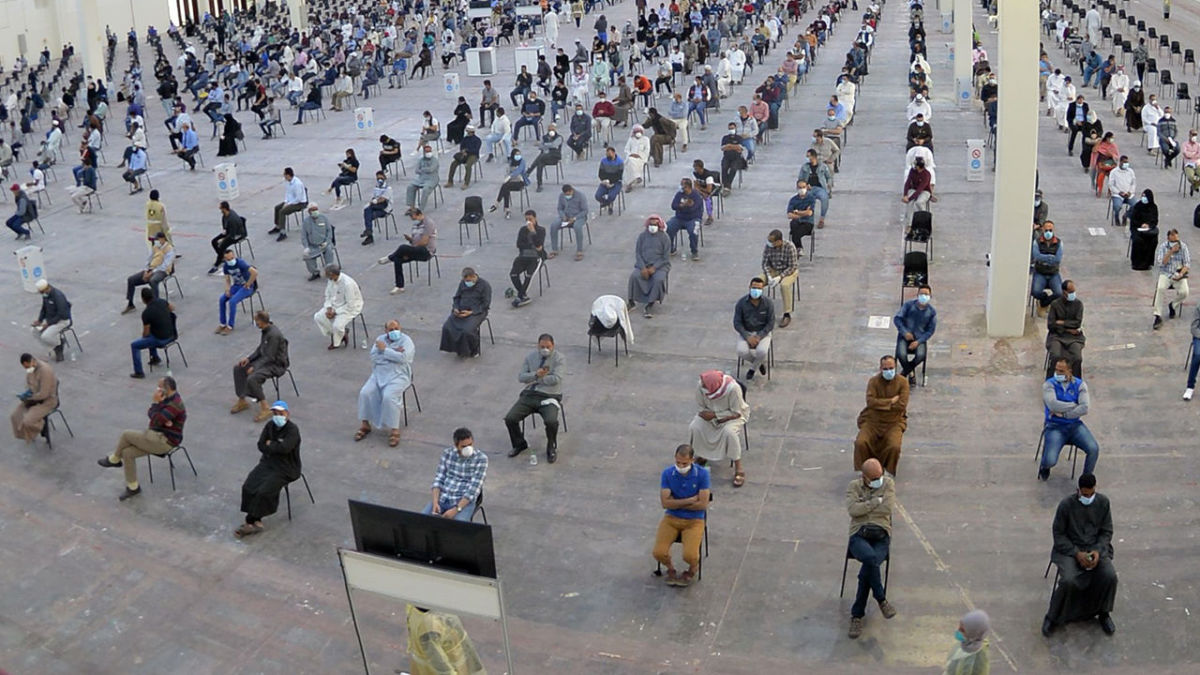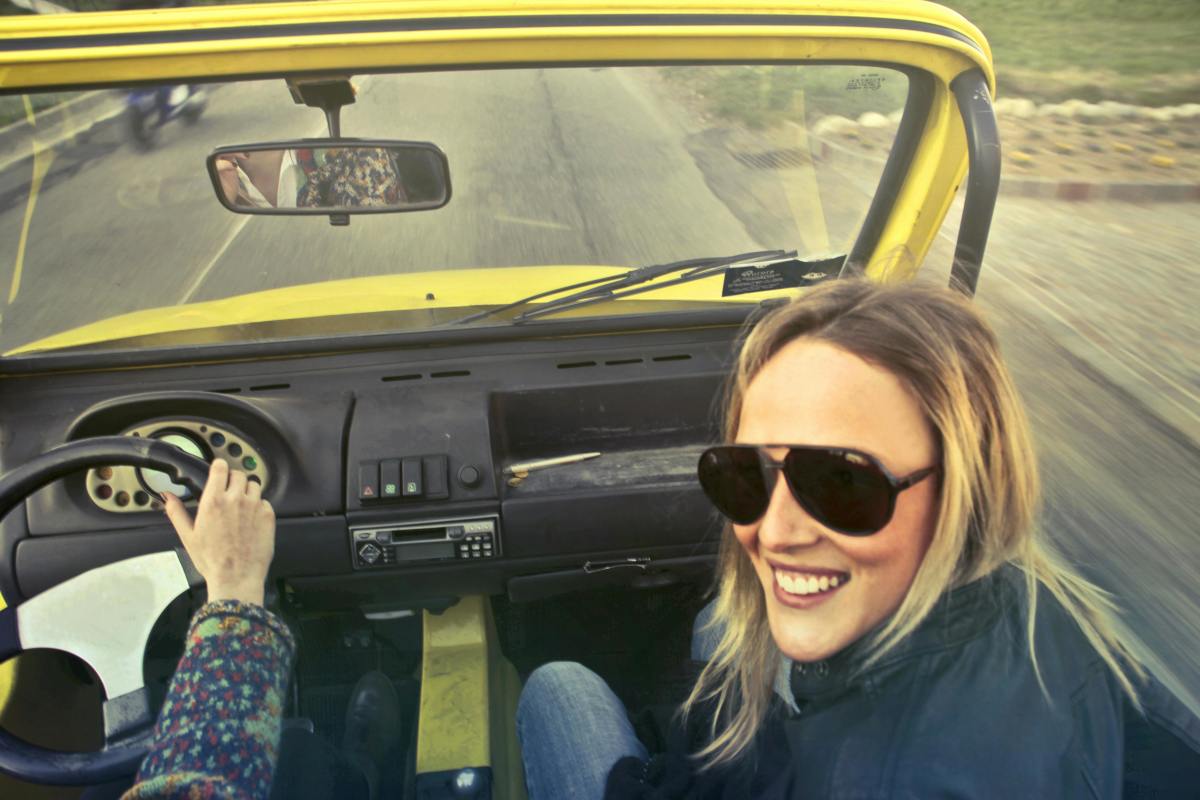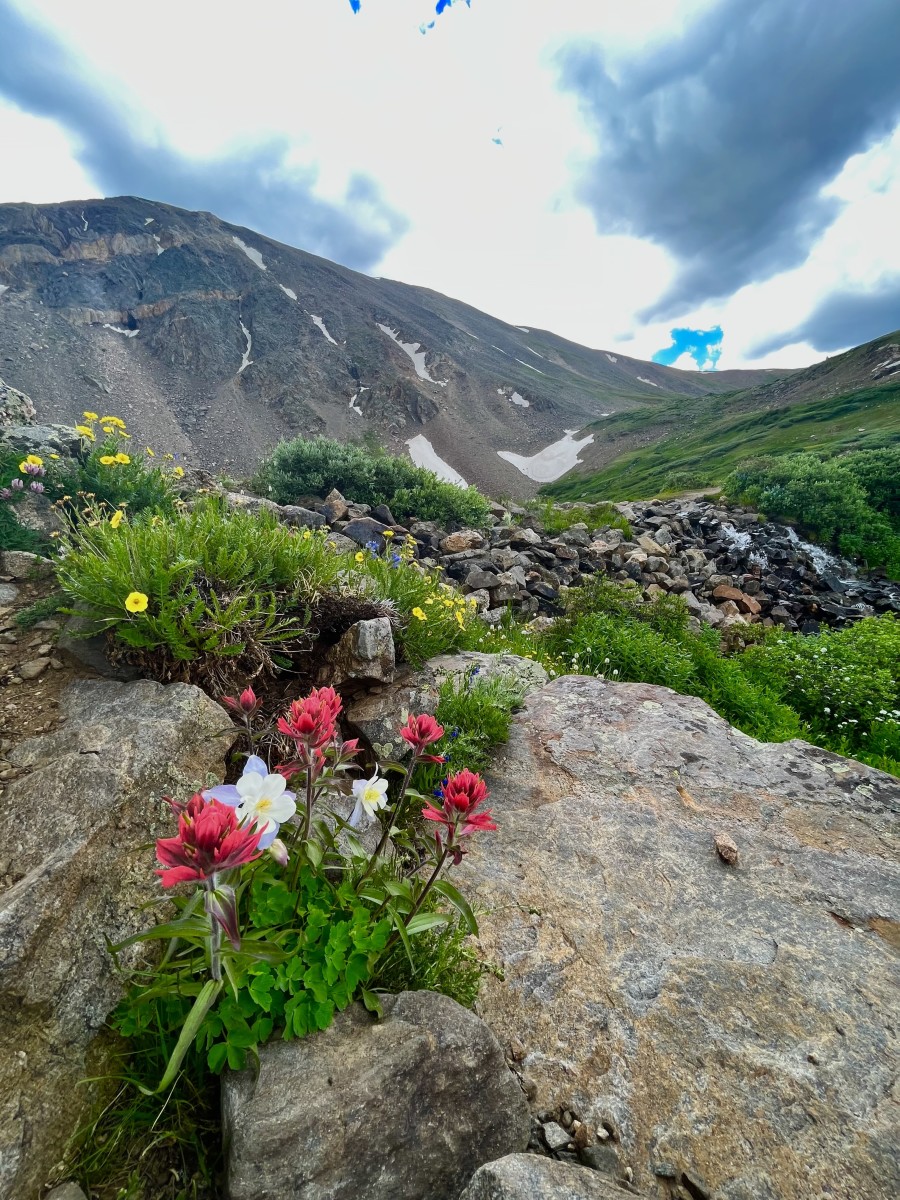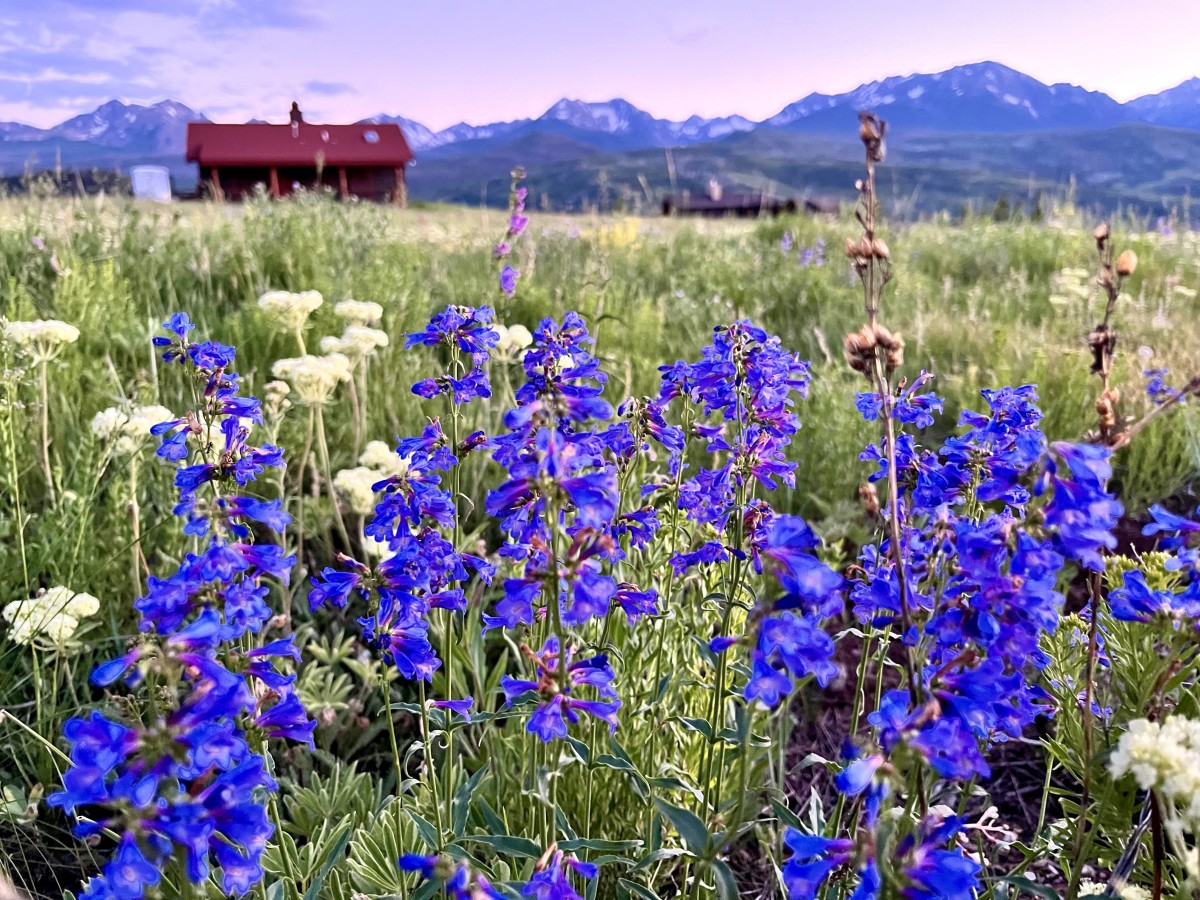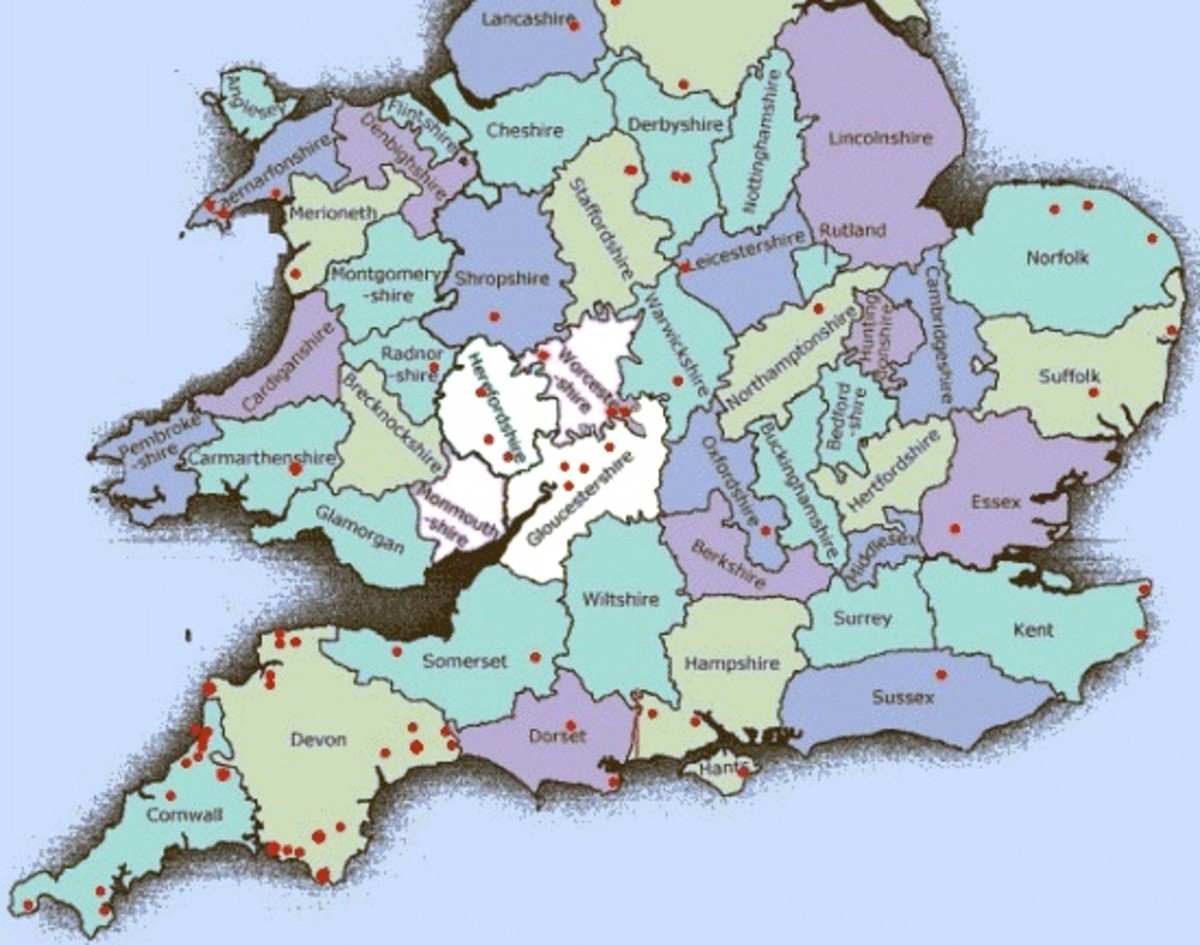13 Reasons Why Your Vacations Will be Different Post-COVID
13 Reasons Why Your Vacations Will be Different Post-COVID
The COVID-19 pandemic has drastically changed things around the globe, some particular to countries and others felt all over. It continues to cause the loss of many lives and jobs all over the world but has also allowed the earth time to recover from human activities and families to spend more time together.
Travel, which is something we all probably took for granted before this pandemic, is going through a huge shift. There are many safety issues that have come into focus with traveling and many changes to come with the way we traverse between even the closest and most common destinations. Forget about that backpacking across Europe trip, because now even traveling between the grocery store and your house is a dangerous journey. Yes, there will be drastic changes in the way we live and travel from now, but are all of them bad? Are all these new changes necessarily as depressing as they seem to be?
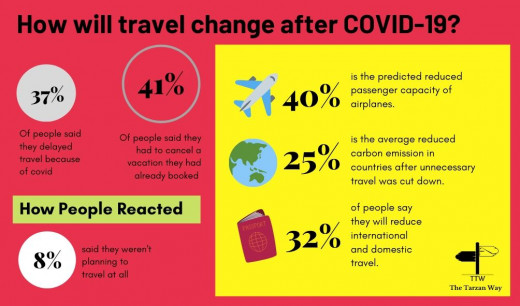
1. Masks, gloves, and sanitizer - the Golden Trio of essentials
The new alpha delta beta has arrived, and it's unfortunately not as exciting as it sounds. Masks, gloves, and sanitizers will now become literal essentials for all kinds of trips, be it to the local hardware store or a short business trip. You'll be hard-pressed to find people without their masks on for at least the next 8-10 months in all kinds of public spaces, whether internal or external. When we talk about air travel, this will be a definite show, and you should ensure that you carry at least your mask and a small size sanitizer when going anywhere - if there's one thing research and experience has proved, it's that personal hygiene and distance is a sure way to protect yourself from the virus.
2. Old school road trips will make a comeback
A report published by The New York Times said that interest in RV and car purchases has risen exponentially due to Millenials preferring to hit the road. The interest in road trips has been on the rise for a while now as generations start to prefer the freedom and unrestricted nature of the same and this interest is only going to rise as people take to the most easily accessible way to travel and get out. Road trips are a built-in way to socially distance and explore uncharted territory, something you can't do in other forms of travel. They offer not just safety and health protection but also convenience and flexibility, although long road trips may not be feasible for some time to come.
3. Hotels will adopt higher standards
Many hotels and other hospitality companies in the industry are facing the heat of COVID-19, not just financially but also through the media - various hotels have been accused of not following proper protocol and existing hygiene standards for the safety of their consumers. Top hotel brands and chains such as Marriot, Taj, etc. have recently started announcing a string of measures they're taking in their properties to ensure not just current safety and precaution for guests staying in their hotels but also essential hygiene and safety for the months/years to come. These permanent changes are supposed to drive for change in the rest of the industry and experts predict major shifts in how hotels will be cleaned, managed, staffed, checked for safety and health precautions, etc. Guest interaction with staff aside from the essentials is said to reduce in the future and practices of personal hygiene and temperature checking (both of guests and staff) said to be strictly followed later on in hotels.
4. Villas and isolated ways to stay will be preferred
Experts predict a rise in the number of villa bookings in the future and a growing preference for isolated ways to stay, for example, homes to rent, cottages, luxury villa resorts, motorhomes, etc. There has already been a surge of pre-bookings for villas seen by many (mostly in the US) travel companies spread almost a year from now. It's easy to see why - isolated ways to stay, such as villas, not only allow for social distancing but also afford a larger space to stay for families and a place to cook their own meals to increase precautions and safety standards.
5. Air travel will become more secure and safe, but also expensive
Large changes are taking place when it comes to travel by air. Some of the expected changes include structural changes in planes for more distancing between passengers, widely placed security check-in lines for social distancing, multiple points for temperature checking, sanitizing baggage, etc. Some of the already implemented changes for domestic travel in India include no meals in the aircraft, marked points for baggage collection, no newspapers at airports, and thorough thermal screening. One thing is clear - there are going to be multiple changes in the way we fly and flying by air just won't be the same anymore, not to mention more expensive due to expected reduced passenger capacities and expensive safety and health measures being implemented.
6. Safety over budget - the new reversal
When we travel, we tend to stick to the cheapest and most convenient options available on the internet, and this has to drastically change once the pandemic is a lesser threat to travelers. Traveling will be more expensive, which is assured, but it will also be unsafe in many ways. The coronavirus spread like wildfire in countries initially because it lay dormant for days in patients, allowing it to spread far and fast. In a scenario like this, and with reports of asymptomatic cases increasing, it's extremely important to stay safe while traveling, even if it costs more. People will now opt for hotels with higher hygiene standards, more space in rooms, and smaller properties to avoid crowds. All these factors will make travel more expensive, but also less frequent - travel will be limited to essential trips only.
7. Unexplored, remote destinations will become the new hype
If there is one proven way to combat coronavirus, it's social distancing and avoiding crowds as much as possible. For this reason, experts predict that there will be an increased search for isolated, unexplored locations in every country and area and reduced demand for touristy, traditionally popular places. Remote destinations are easy to find with all the wealth of resources online - you can find destinations in your vicinity or in other states, other countries too when you begin venturing into international trips. When you're looking for destinations with less crowd, make sure you check if it is easily accessible in the season you're planning to travel (many destinations are closed for months due to long winters) and all the essentials are easily, closely available.
8. Cruises will soon lose all their charm
Since the pandemic was declared and the virus started making itself known in many countries, one of the earliest events people can recount is cruise ships that were often carriers and fast spreaders of the virus due to confinement in a small space. Ships were forcefully docked and passengers not allowed to get off, and amidst all this panic one thing has become clear - cruise ships will indefinitely lose popularity after the pandemic. The $50 billion industry is going to suffer for months to come as people avoid continual stay at sea where the risks are many and the options few. Social distancing is near impossible in a situation like that and in the case of a virus breakout, resources will be limited to treat passengers for a longer time period.
9. So long, touristy spots
Avoiding crowds and people has been the only proven way to combat the virus - it, therefore, doesn't come as a surprise that most countries are choosing to close their most touristy, visited places. India sees an average of 10 million tourists every year - these numbers are bound to reduce drastically, not just in India, but all over the world. Tourist spots, concerts, music festivals, etc. will all become slowly redundant if not less in number. The virus will significantly change the way we usually chose to travel. The negative effect of this is that small businesses and vendors relying on their country's tourism business will be heavily affected.
10. People will prefer self-planned trips
Self-planned trips haven't gained any traction at all, especially in India. But post covid19, many people will start to prefer this new way of travel. Long gone will be the days of mass commercialized and rigid tour packages - these neither offer any sense of safety in large crowds or flexibility in travel. Self-planned trips, which could mean a properly structured trip for you and your family or a spur of the moment spontaneous plan to leave, will definitely begin to trend. They offer the perfect solution - self-planning allows for social distancing, living away from crowds, allowing families to cook their own meals, and be creative with where they go. Many reports in fact point to the fact that families are just itching to get out, to parks, in road trips, in any way conceivable.
11. Travel insurance will become a priority
Travel insurance wasn't a priority for many before the coronavirus changed the importance of such an essential element. Travel insurance refers to the purchase of any extra insurance for booked rooms, flights, train journeys, even road trips. Such an extra purchase ensures that you are safe, even on the road, from uncontrollable factors like hurricanes or last-minute cancelations. When the lockdown was announced across countries, many people panicked because they were stuck in cities/states/countries they traveled to and many others lost money on canceled bookings which they hadn't paid a few dollars of extra insurance for. It's therefore essential you start looking into travel insurance through any medium possible, especially for frequent travelers.
12. India will become more Incredible
The higher number of Indians returning to the country due to the pandemic has caused a movement of Indians now preferring to stay within India, a newfound preference caused by many factors, including the government's dedication towards Indian citizens both inside and outside the country. Many experts suggest that this could cause a higher number of Indians to settle in India and also stick to traveling within India.
13. An emphasis on Experiences, not products
Lastly, we believe that people will start to seek out experiences rather than products. This doesn't just apply to travel, but to everything, even something as simple as purchasing new furniture. Everything will hold value, and things once taken for granted have become essential to life and to living. This transformation, from mass commercialization to the simpler, more personal pleasures in life will hit the travel industry hard as people start to seek out something more fulfilling than the usual packages, touristy spots, planned tours - or an alternative is that these crowds will now become more special to travelers. Either way, a big change is sure to take place, and it will be felt everywhere.


